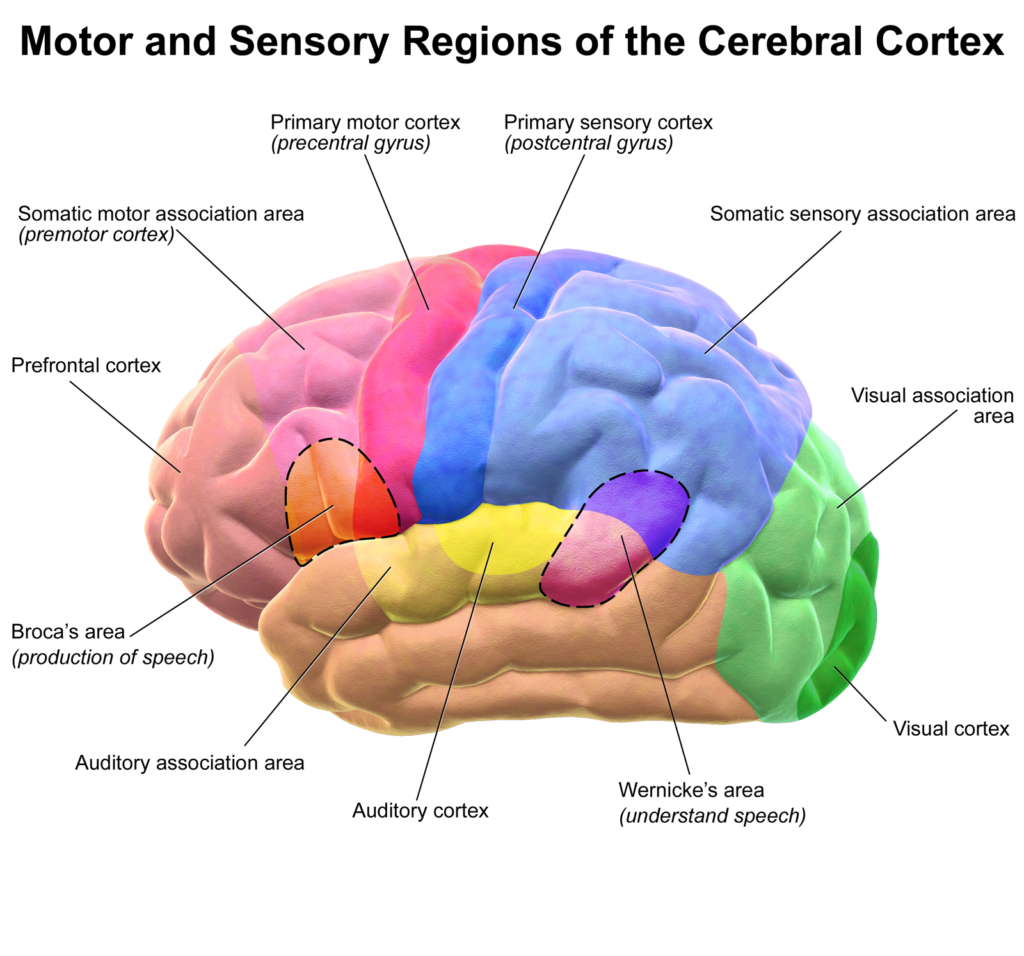How Music May Make You Less Productive
When there is silence a person is much more focused. Noise can be a distraction and is considered a form of stimuli. The brain recognizes sound through the ears, as hearing is one of the five senses. Music has a combination of frequencies. Instruments and vocals produce different forms of sounds. Music can give someone a distinct feeling and it can also release neurotransmitters. The issue is that the stimulus from music can be strong and a person would be more inclined to sit or dance to music. Sound is quite memorable and there can be a loop of some song a person favors that plays constantly in their minds.
Music is not entirely bad (it depends on what is being listened to) however if the desire to concentrate on a task requires mental energy then music can consume some of that energy.
How Does Music Affect The Brain
When a person listens to music, it can evoke an emotional response, making them feel happy, sad, or angry. Various parts of the brain are engaged:
- Auditory Cortex: Processes basic sound elements.
- Prefrontal Cortex: Involved in understanding musical structure.
- Motor Cortex: Coordinates movements related to music.
- Sensory Cortex: Provides sensory feedback.
- Basal Ganglia: Helps with rhythm and timing.
- Cerebellum: Coordinates precise movements.
- Limbic System: Manages emotional responses and memories.
- Parietal Lobe: Integrates sensory information and spatial understanding.
- Occipital Lobe: Involved in visual aspects of music.
- Broca’s Area: Helps with understanding the musical syntax.
As it appears music engages multiple brain regions which makes it a complex cognitive activity.

Neurotransmitters That Are Released
Like many forms of stimuli, music also triggers certain chemicals to release. Neurotransmitters such as dopamine, serotonin, and endorphins. These components tend to make a person feel relaxed and enhance their mood. Although these chemicals are beneficial for the individual there is also a decrease or an increase in certain hormones. Hormones such as cortisol and oxytocin can affect the physiological and psychological aspects of a person.
While there can be positives to listening to music however if one is listening to dark, suspenseful, or any genre that can cause a negative response. It can elevate cortisol levels which leads to overstress.
Lyrics Are Distracting
Lyrics add meaning to music through words, and the brain constantly records and processes these sounds. When listening to lyrics, the brain also works to understand the words and their meanings. Lyrics in different languages can pose a challenge depending on the listener’s language proficiency (pronunciation, word meaning, song interpretation).
Since words add cognitive load to music, listeners must process the lyrics alongside the music. For example, an English speaker may struggle to understand a song if the singer has a different dialect, requiring additional effort to process the pronunciation.
A great example is Sean Paul’s temperature. The musician is singing fast with a Jamaican accent but the lyrics are in English.
More Inclined to Move Or Study?
Music can be healthy to the brain to some extent. Again depending on what is being listened to. When music is playing people are influenced to make movements such as tapping feet, nodding head, or dancing. As music is a stimuli it is far more harder to do work or study that involves critical thinking or logical understanding. As mentioned music and lyrics can add to the cognitive load which makes it harder to concentrate on the work.
It is very much like as if the brain is multitasking. This effect is not necessarily healthy for the brain and can lead to inefficient brain function.
If you want to learn more about how multitasking impacts the brain check out this post: How To Enhance Concentration To The Fullest

Is There Music That’s Ideal for Productivity?
There could be some type of music that may enhance a person’s attention while they do work or study. Particularly music that is not intense or emotionally overwhelming. Music that evokes strong emotions, such as excitement or dread, can be counterproductive.
The genre of music that could be best is typically more relaxed with a steady tempo. No lyrics since that is too much for the brain while doing some task. Primarily instrumental music or in other words background music that is not too loud. Overly exciting music can lead to stress (over time that is), which is a distraction and impacts productivity.
Based on the individual’s music preferences it may help them concentrate but it would need to be balanced. Providing just enough stimulation without being overwhelming.
Generally, silence is the best environment when doing work or studying. Deep work requires full concentration free from noise and visual stimulation. The brain needs enough processing power for demanding work.

Closing
Overall, music has its benefits for the brain. Music is best listened to when wanting to relax, working on low mental demanding tasks, or dancing. As music can significantly affect emotions. Sound engages multiple brain regions moreover this leads to a cognitive job. Music with lyrics offers a strong stimulus to the brain as it processes vocals and other sounds. This in turn affects a person’s psychology and physiology. If preparing to do work that needs full attention, silence is needed so the brain can work far more efficiently. High-quality work is best achieved without the distractions of emotional or physical stimuli.
Source
- Cognitive Crescendo: How Music Shapes the Brain’s Structure and Function
- “Don’t Stop the Music,” Please: The Relationship between Music Use at Work, Satisfaction, and Performance
- The effect of preferred background music on task‑focus in sustained attention
If this post was helpful please consider sharing and subscribing!






